Home / trending / Trump Administration Eases White-Collar Crime Enforcement: Global Firms Like Adani, Cognizant Could Benefit, Reports WSJ
Trump Administration Eases White-Collar Crime Enforcement: Global Firms Like Adani, Cognizant Could Benefit, Reports WSJ
By: My India Times
6 minutes read 37Updated At: 2025-04-15

In a significant shift in U.S. legal priorities, the Trump administration has begun scaling back the federal government’s enforcement of certain white-collar crimes, a move that could have far-reaching consequences both domestically and internationally. Among the changes are reduced focus on foreign bribery, money laundering, sanctions violations, and crypto-related fraud — areas traditionally monitored under aggressive corporate accountability measures.
According to a report published by The Wall Street Journal, this rollback in enforcement appears to align with President Donald Trump’s broader agenda of minimizing regulatory burdens on U.S. businesses. However, legal analysts warn that the shift could open the door to increased corporate misconduct, both at home and abroad, while also giving reprieve to foreign corporations and executives currently entangled in U.S. legal proceedings.
Executive Order Redefines Prosecutorial Priorities
The move follows an executive order signed by President Trump two months ago, which directed the U.S. Department of Justice (DOJ) to pause prosecutions of Americans accused of bribing foreign officials to secure international contracts. This policy effectively undermines key provisions of the Foreign Corrupt Practices Act (FCPA), a landmark 1977 law that has long been used to hold corporations and individuals accountable for unethical business conduct on foreign soil.
Critics argue that relaxing the enforcement of FCPA and similar statutes not only risks diminishing the U.S.'s global leadership on anti-corruption but may also create an uneven playing field, where companies willing to use illicit means to gain competitive advantages are no longer deterred by legal consequences.
Attorney General Bondi Refocuses DOJ Strategy
In line with the president’s directive, Attorney General Pam Bondi has reportedly instructed federal prosecutors to prioritize resources toward combating drug cartels, human trafficking networks, and transnational criminal syndicates — effectively diverting attention from complex white-collar investigations that require significant time and financial resources.
“The Justice Department is shifting away from prolonged investigations of financial misconduct that lack immediate threats to public safety,” said a senior DOJ official quoted in The Wall Street Journal. “The focus will now be on crimes with tangible and violent outcomes, not accounting errors or cross-border payments.”
This new prosecutorial guidance suggests that enforcement efforts around money laundering and sanctions evasion will also be recalibrated, with a narrowed emphasis on activities linked directly to organized crime or terrorist financing.
Potential Relief for Corporations Under Scrutiny
While the administration contends that this strategy is designed to protect U.S. business interests and reduce regulatory overreach, observers note that some major corporations currently facing U.S. investigations may benefit — intentionally or not — from the easing of legal scrutiny.
One such beneficiary could be the Adani Group, an Indian multinational conglomerate whose top executives have reportedly been under U.S. investigation for alleged bribery involving foreign officials. The nature of these charges, which are tied to efforts to secure infrastructure contracts in developing markets, may now fall outside the DOJ’s revised enforcement priorities.
Similarly, Cognizant Technology Solutions, a U.S.-based IT services firm that has faced FCPA-related probes for its dealings in India and other countries, might also see its legal exposure reduced if prosecutors scale back efforts to pursue past cases that no longer align with the DOJ’s updated focus.
Implications for Corporate Accountability and Global Business
Legal experts warn that this strategic shift could significantly alter the global corporate compliance landscape. For decades, the United States has played a central role in enforcing anti-bribery laws, often in collaboration with other nations to root out corruption in international business. By deprioritizing such efforts, the U.S. risks ceding that leadership role, potentially emboldening corporations to engage in unethical practices.
“This sends the wrong message,” said Maria Evans, a professor of international law at Georgetown University. “It tells companies and executives that they may no longer need to fear U.S. prosecution if they’re caught bribing foreign officials — as long as they’re not drug lords or terrorists.”
Furthermore, advocates for stronger corporate regulation argue that corruption, even if non-violent in nature, has long-term consequences that damage economies, undermine fair competition, and erode public trust in both government and business institutions.
Mixed Reactions from the Business Community
Unsurprisingly, the response from the business world has been mixed. Some corporate leaders and trade groups have welcomed the move, claiming that compliance with U.S. anti-bribery laws has become overly complex, costly, and at times, punitive. They argue that a more balanced approach could boost U.S. competitiveness overseas and relieve firms from what they see as an overzealous enforcement regime.
“American companies are often at a disadvantage when they’re forced to follow strict rules in countries where corruption is part of the business culture,” said one executive from a major U.S. engineering firm who requested anonymity. “This change might help level the playing field.”
However, others warn that loosening standards could backfire in the long term. By reducing the cost of non-compliance, they argue, the administration is inadvertently encouraging companies to cut corners, which could result in financial scandals, reputational damage, and market volatility.
International Backlash and Diplomatic Fallout?
There are also concerns about how America’s trading partners and international watchdog organizations will respond to the rollback. Institutions like the OECD and Transparency International have consistently praised the U.S. for its proactive stance against corruption, viewing it as a model for other nations. A retreat from these values could invite criticism or even lead to diplomatic strains.
Some foreign governments may also perceive this shift as the U.S. turning a blind eye to international misconduct, especially if it involves politically connected corporations. This could undermine joint investigations, stall extraditions, or weaken cooperative enforcement efforts.
What’s Next?
For now, the long-term impact of this policy change remains to be seen. The DOJ’s new direction could face legal challenges, especially if critics argue that it violates the spirit of existing laws like the FCPA. Additionally, should the administration change in future elections, a new attorney general could reverse course, reigniting dormant investigations and restoring enforcement priorities.
In the meantime, corporations under the legal microscope — including international firms like Adani and domestic players like Cognizant — may breathe a sigh of relief, at least temporarily. But experts caution that regulatory winds can change swiftly, and what appears to be a reprieve today could turn into renewed scrutiny tomorrow.
....In a significant shift in U.S. legal priorities, the Trump administration has begun scaling back the federal government’s enforcement of certain white-collar crimes, a move that could have far-reaching consequences both domestically and internationally. Among the changes are reduced focus on foreign bribery, money laundering, sanctions violations, and crypto-related fraud — areas traditionally monitored under aggressive corporate accountability measures.
According to a report published by The Wall Street Journal, this rollback in enforcement appears to align with President Donald Trump’s broader agenda of minimizing regulatory burdens on U.S. businesses. However, legal analysts warn that the shift could open the door to increased corporate misconduct, both at home and abroad, while also giving reprieve to foreign corporations and executives currently entangled in U.S. legal proceedings.
Executive Order Redefines Prosecutorial Priorities
The move follows an executive order signed by President Trump two months ago, which directed the U.S. Department of Justice (DOJ) to pause prosecutions of Americans accused of bribing foreign officials to secure international contracts. This policy effectively undermines key provisions of the Foreign Corrupt Practices Act (FCPA), a landmark 1977 law that has long been used to hold corporations and individuals accountable for unethical business conduct on foreign soil.
Critics argue that relaxing the enforcement of FCPA and similar statutes not only risks diminishing the U.S.'s global leadership on anti-corruption but may also create an uneven playing field, where companies willing to use illicit means to gain competitive advantages are no longer deterred by legal consequences.
Attorney General Bondi Refocuses DOJ Strategy
In line with the president’s directive, Attorney General Pam Bondi has reportedly instructed federal prosecutors to prioritize resources toward combating drug cartels, human trafficking networks, and transnational criminal syndicates — effectively diverting attention from complex white-collar investigations that require significant time and financial resources.
“The Justice Department is shifting away from prolonged investigations of financial misconduct that lack immediate threats to public safety,” said a senior DOJ official quoted in The Wall Street Journal. “The focus will now be on crimes with tangible and violent outcomes, not accounting errors or cross-border payments.”
This new prosecutorial guidance suggests that enforcement efforts around money laundering and sanctions evasion will also be recalibrated, with a narrowed emphasis on activities linked directly to organized crime or terrorist financing.
Potential Relief for Corporations Under Scrutiny
While the administration contends that this strategy is designed to protect U.S. business interests and reduce regulatory overreach, observers note that some major corporations currently facing U.S. investigations may benefit — intentionally or not — from the easing of legal scrutiny.
One such beneficiary could be the Adani Group, an Indian multinational conglomerate whose top executives have reportedly been under U.S. investigation for alleged bribery involving foreign officials. The nature of these charges, which are tied to efforts to secure infrastructure contracts in developing markets, may now fall outside the DOJ’s revised enforcement priorities.
Similarly, Cognizant Technology Solutions, a U.S.-based IT services firm that has faced FCPA-related probes for its dealings in India and other countries, might also see its legal exposure reduced if prosecutors scale back efforts to pursue past cases that no longer align with the DOJ’s updated focus.
Implications for Corporate Accountability and Global Business
Legal experts warn that this strategic shift could significantly alter the global corporate compliance landscape. For decades, the United States has played a central role in enforcing anti-bribery laws, often in collaboration with other nations to root out corruption in international business. By deprioritizing such efforts, the U.S. risks ceding that leadership role, potentially emboldening corporations to engage in unethical practices.
“This sends the wrong message,” said Maria Evans, a professor of international law at Georgetown University. “It tells companies and executives that they may no longer need to fear U.S. prosecution if they’re caught bribing foreign officials — as long as they’re not drug lords or terrorists.”
Furthermore, advocates for stronger corporate regulation argue that corruption, even if non-violent in nature, has long-term consequences that damage economies, undermine fair competition, and erode public trust in both government and business institutions.
Mixed Reactions from the Business Community
Unsurprisingly, the response from the business world has been mixed. Some corporate leaders and trade groups have welcomed the move, claiming that compliance with U.S. anti-bribery laws has become overly complex, costly, and at times, punitive. They argue that a more balanced approach could boost U.S. competitiveness overseas and relieve firms from what they see as an overzealous enforcement regime.
“American companies are often at a disadvantage when they’re forced to follow strict rules in countries where corruption is part of the business culture,” said one executive from a major U.S. engineering firm who requested anonymity. “This change might help level the playing field.”
However, others warn that loosening standards could backfire in the long term. By reducing the cost of non-compliance, they argue, the administration is inadvertently encouraging companies to cut corners, which could result in financial scandals, reputational damage, and market volatility.
International Backlash and Diplomatic Fallout?
There are also concerns about how America’s trading partners and international watchdog organizations will respond to the rollback. Institutions like the OECD and Transparency International have consistently praised the U.S. for its proactive stance against corruption, viewing it as a model for other nations. A retreat from these values could invite criticism or even lead to diplomatic strains.
Some foreign governments may also perceive this shift as the U.S. turning a blind eye to international misconduct, especially if it involves politically connected corporations. This could undermine joint investigations, stall extraditions, or weaken cooperative enforcement efforts.
What’s Next?
For now, the long-term impact of this policy change remains to be seen. The DOJ’s new direction could face legal challenges, especially if critics argue that it violates the spirit of existing laws like the FCPA. Additionally, should the administration change in future elections, a new attorney general could reverse course, reigniting dormant investigations and restoring enforcement priorities.
In the meantime, corporations under the legal microscope — including international firms like Adani and domestic players like Cognizant — may breathe a sigh of relief, at least temporarily. But experts caution that regulatory winds can change swiftly, and what appears to be a reprieve today could turn into renewed scrutiny tomorrow.
By: My India Times
Updated At: 2025-04-15
Tags: trending News | My India Times News | Trending News | Travel News
Join our WhatsApp Channel

Similiar News

US Supreme Court Rejects 26/11 Accused Tahawwur Rana’s Plea to Block Extradition to India
2025-03-08

















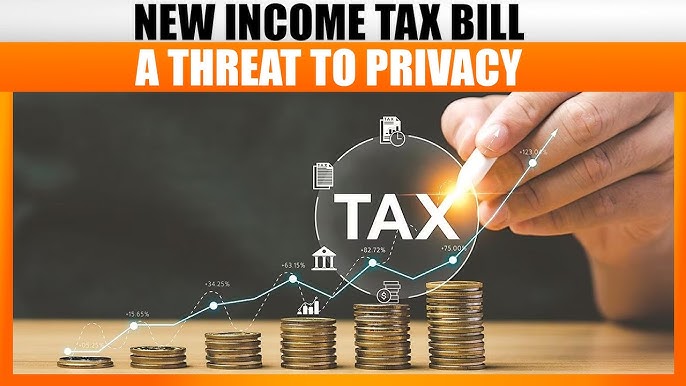







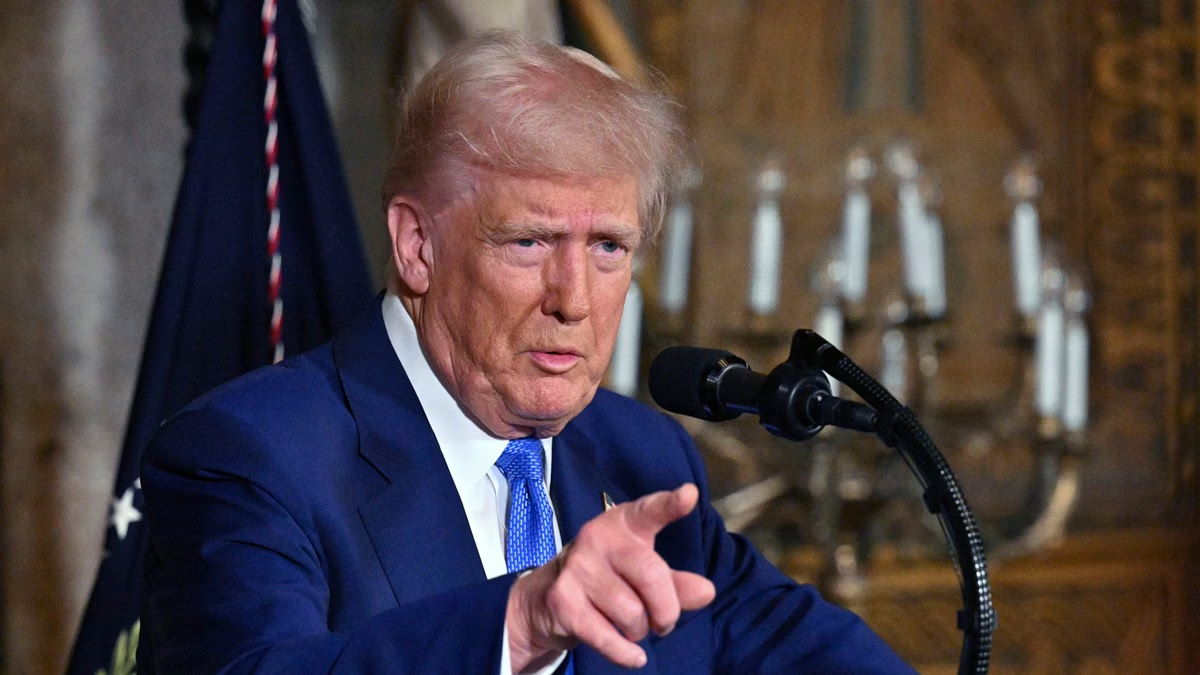






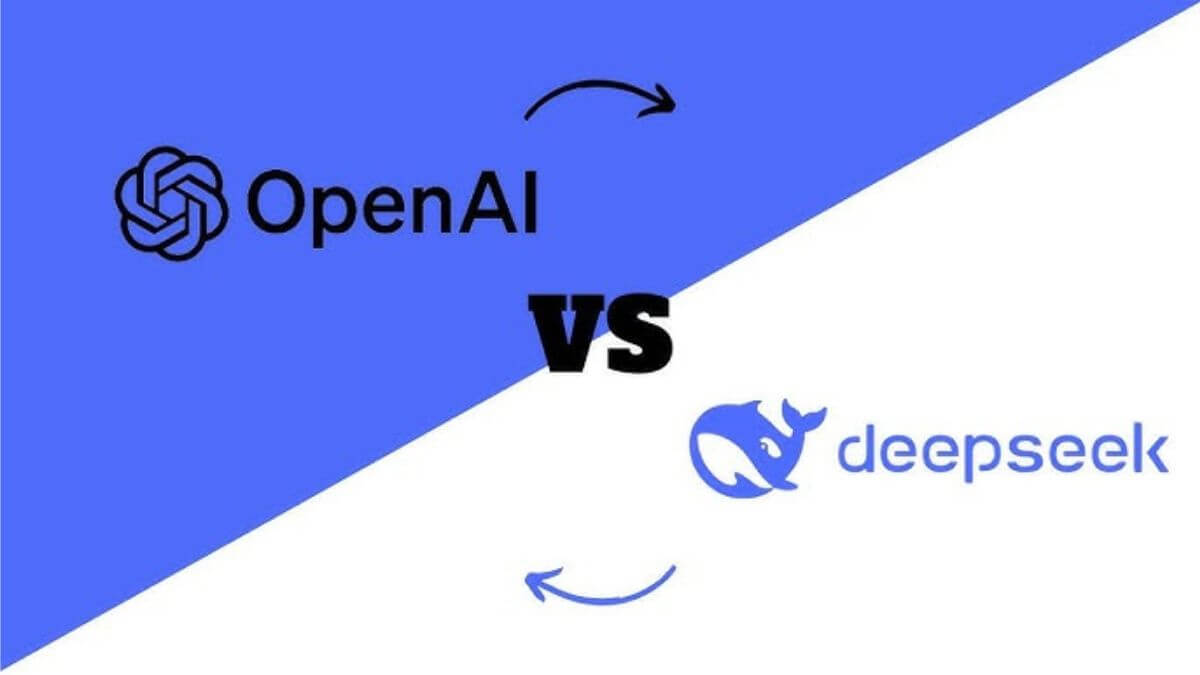










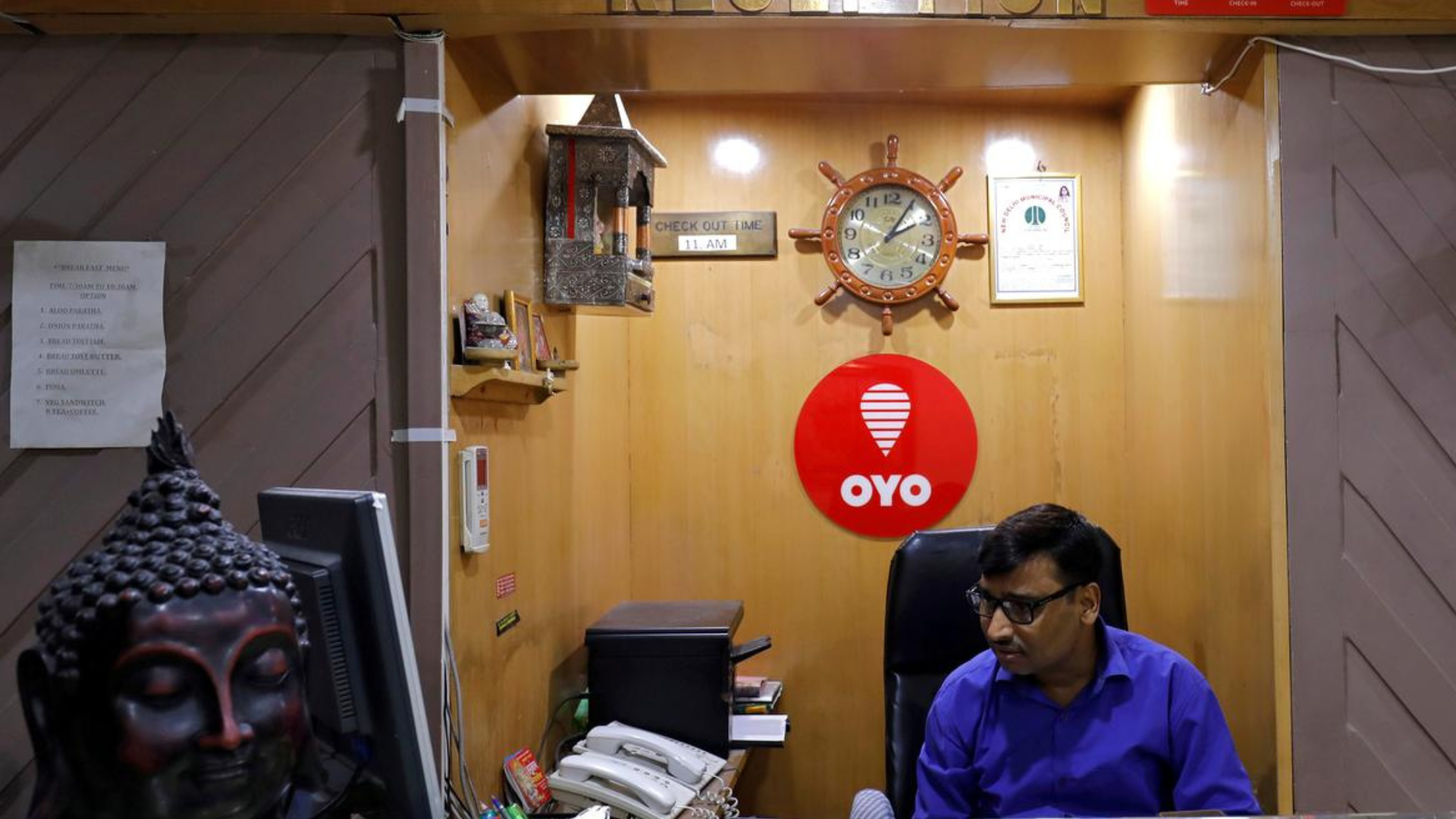

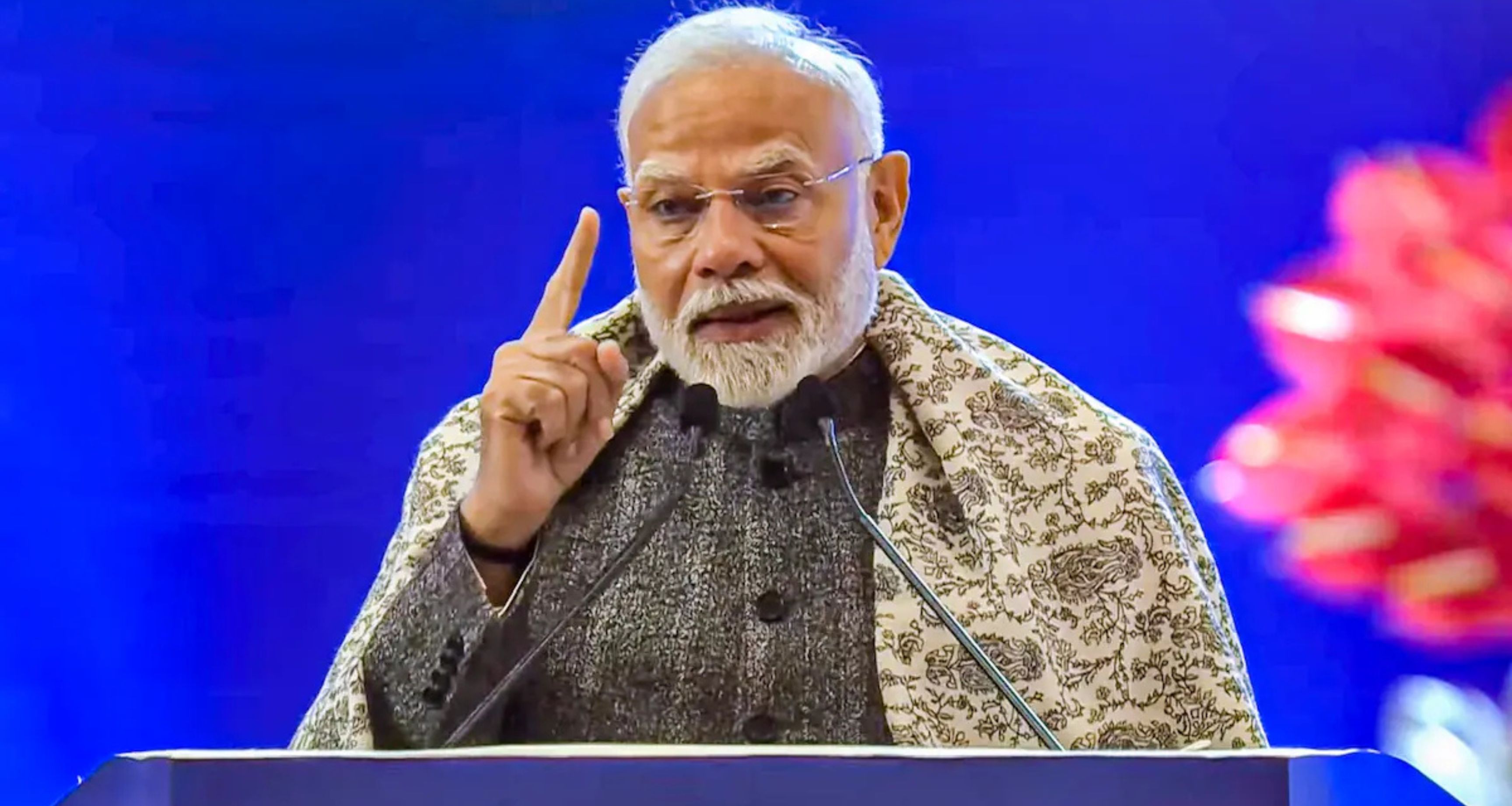






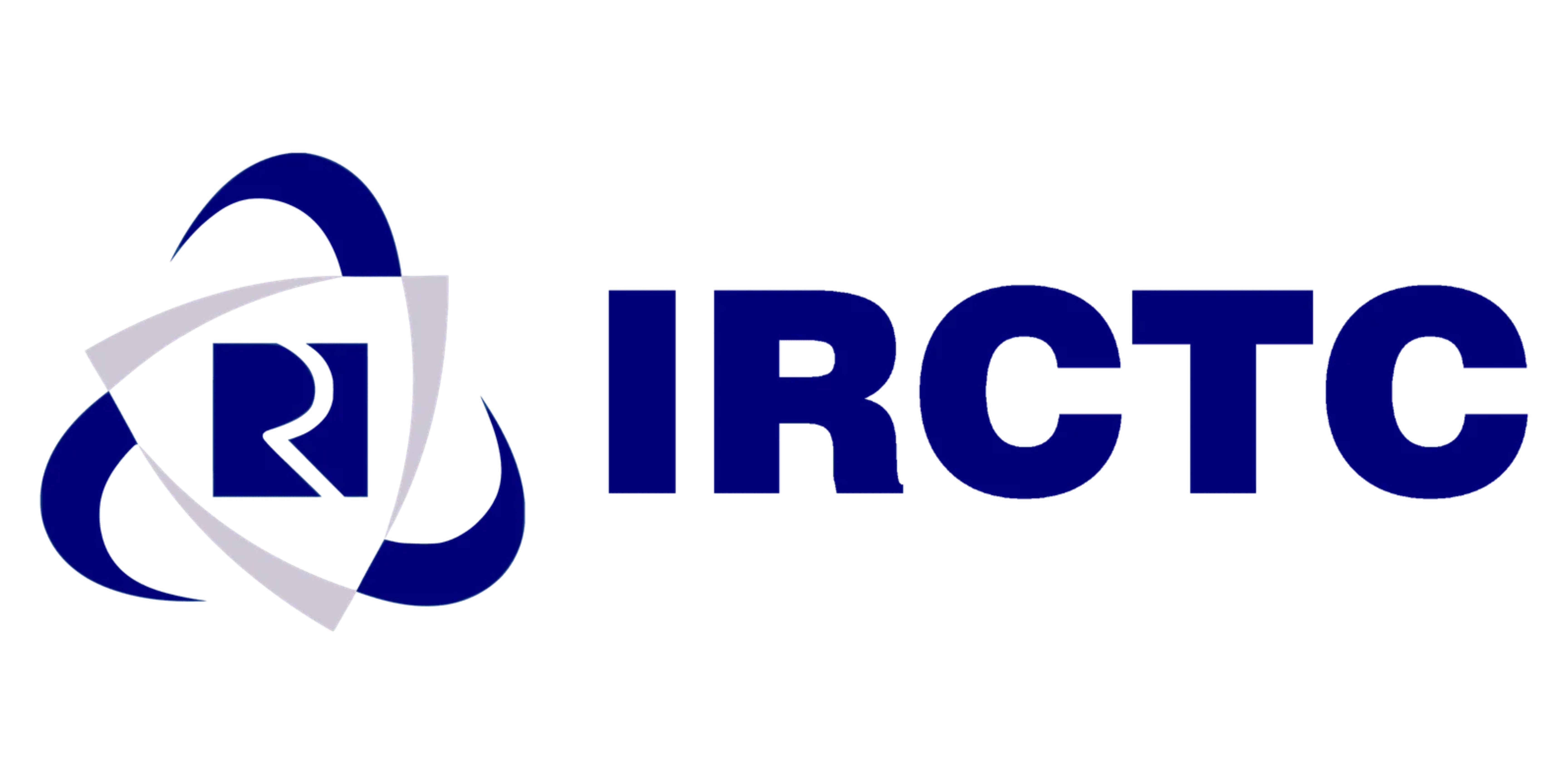

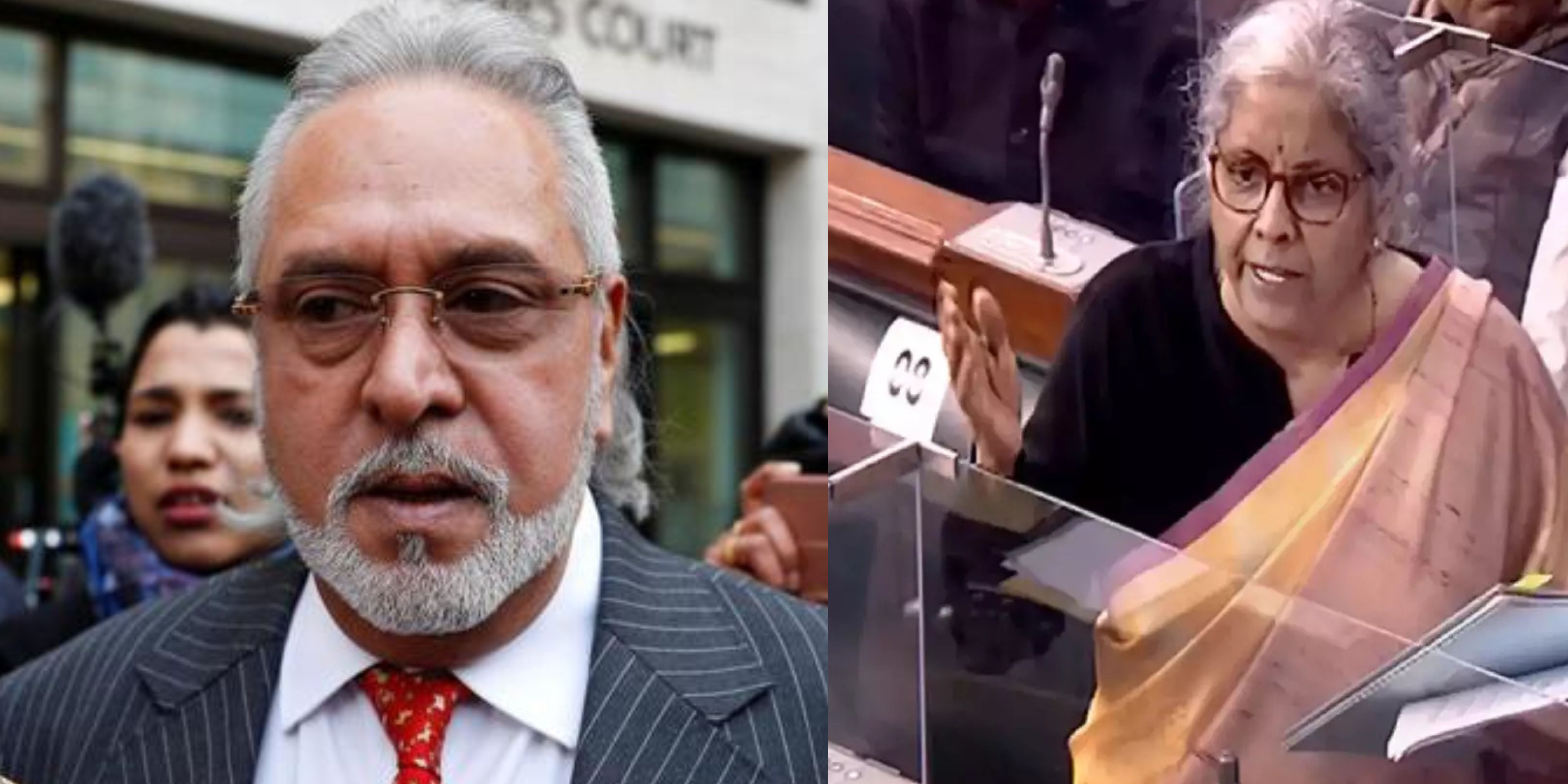









.jfif)
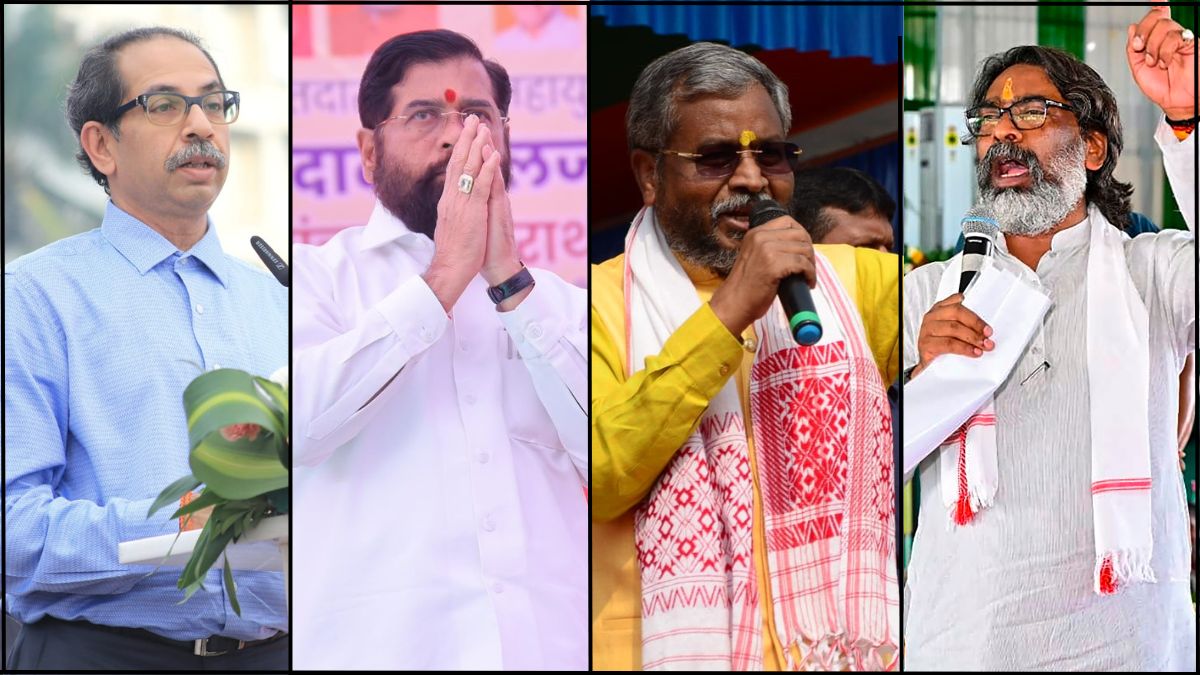




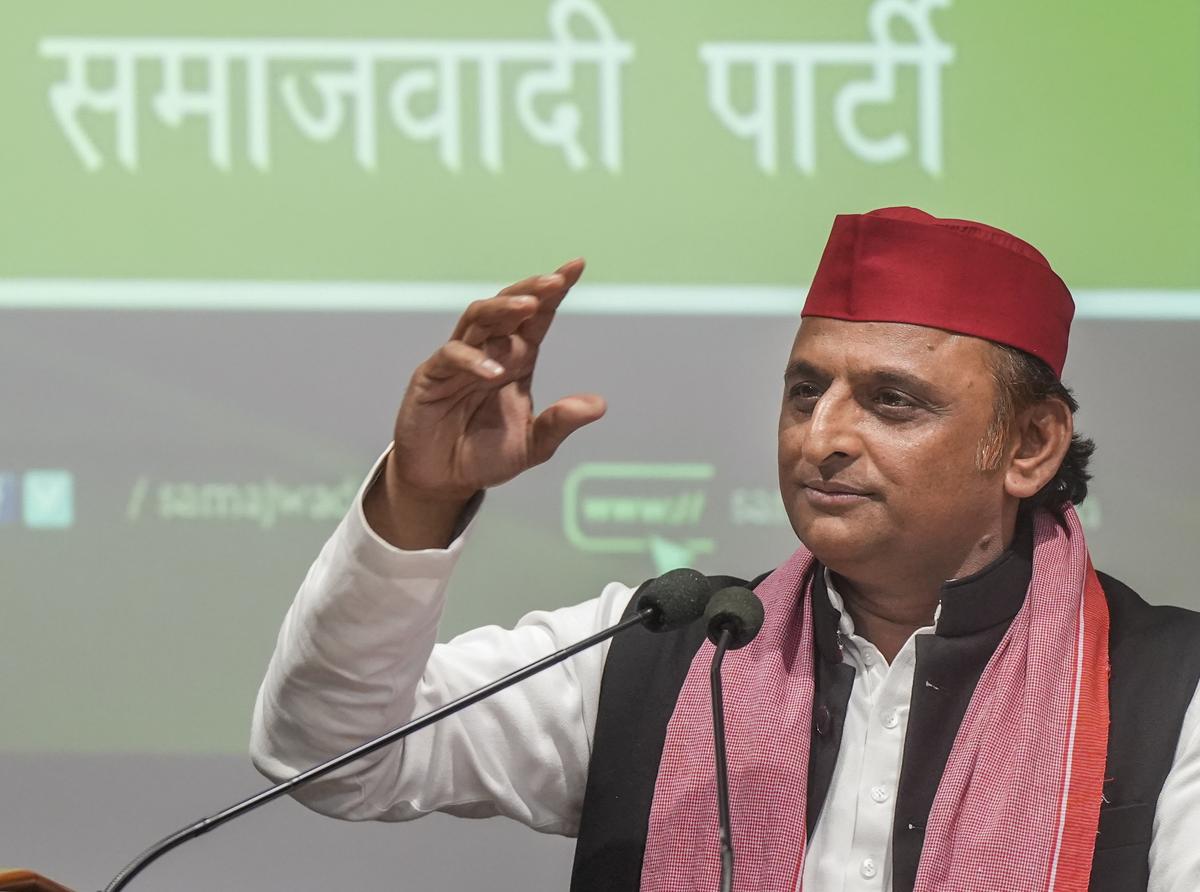

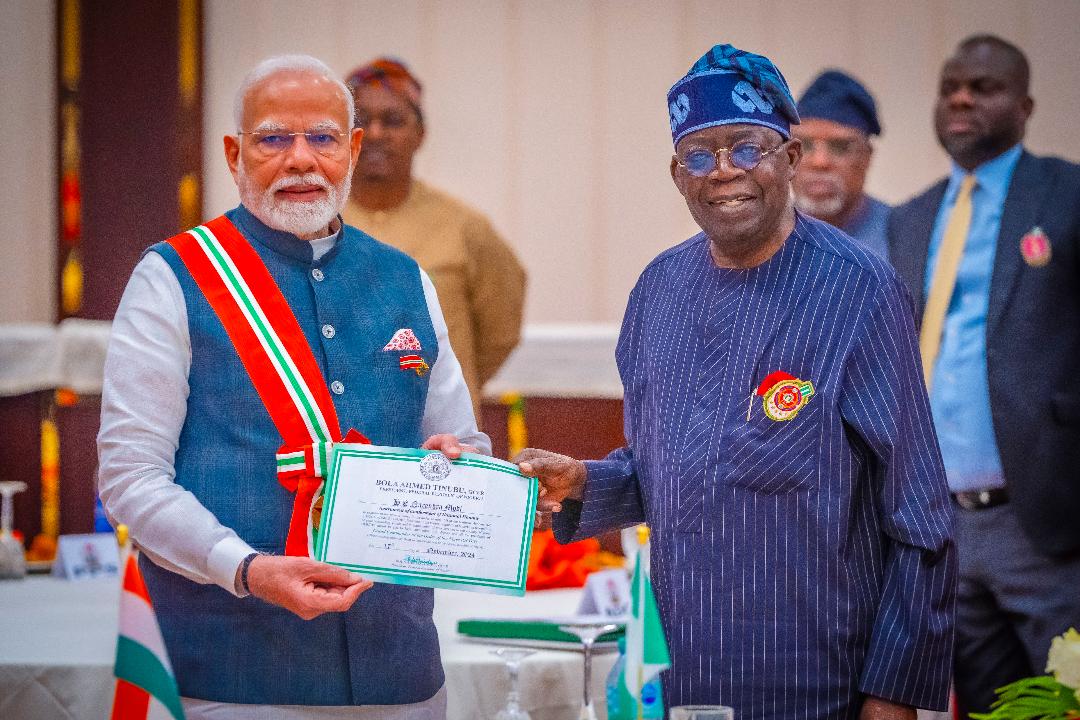

.jpg)



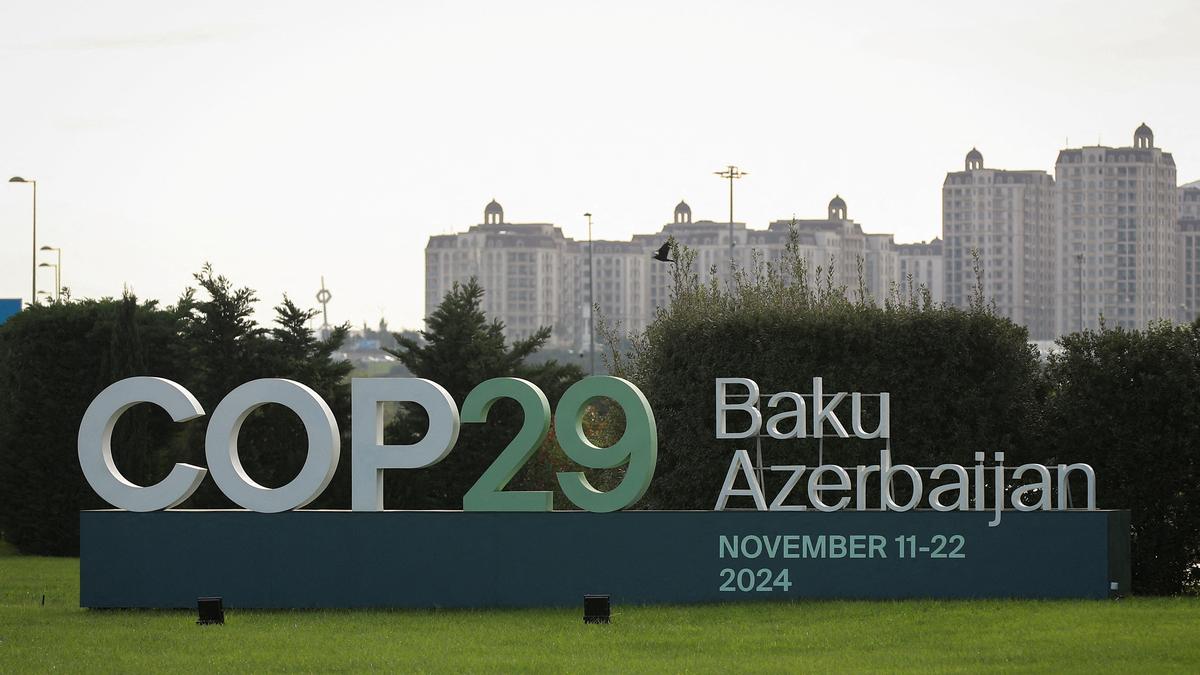

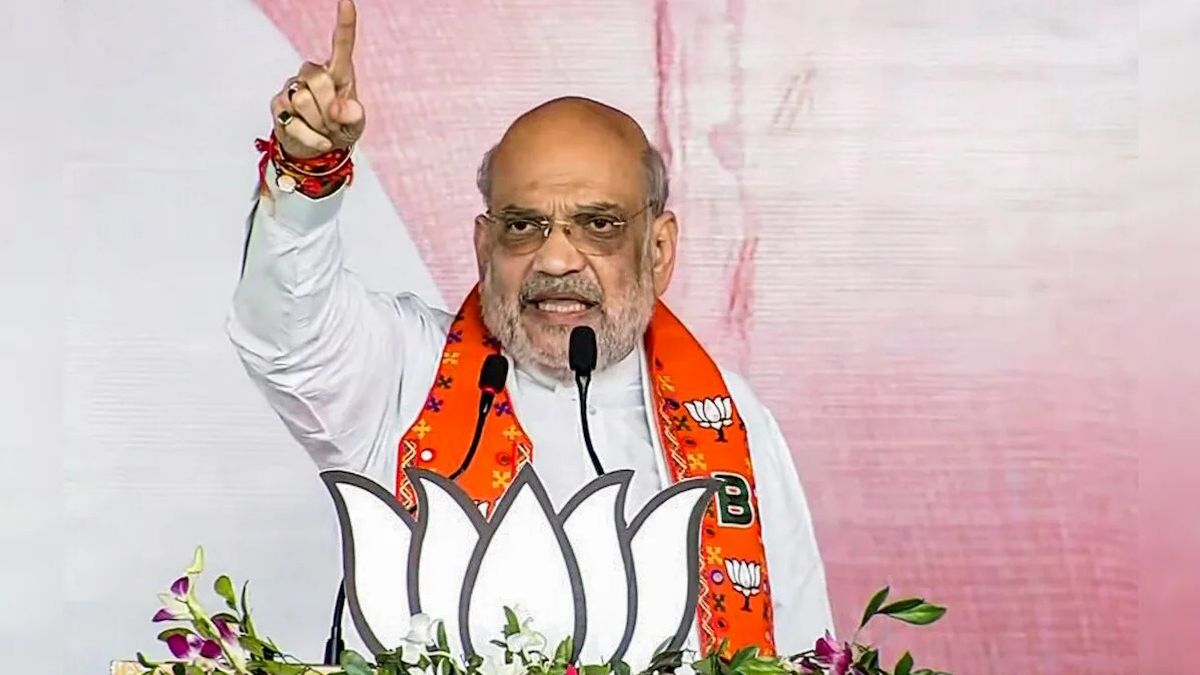




























































































.png)
 (1).png)























